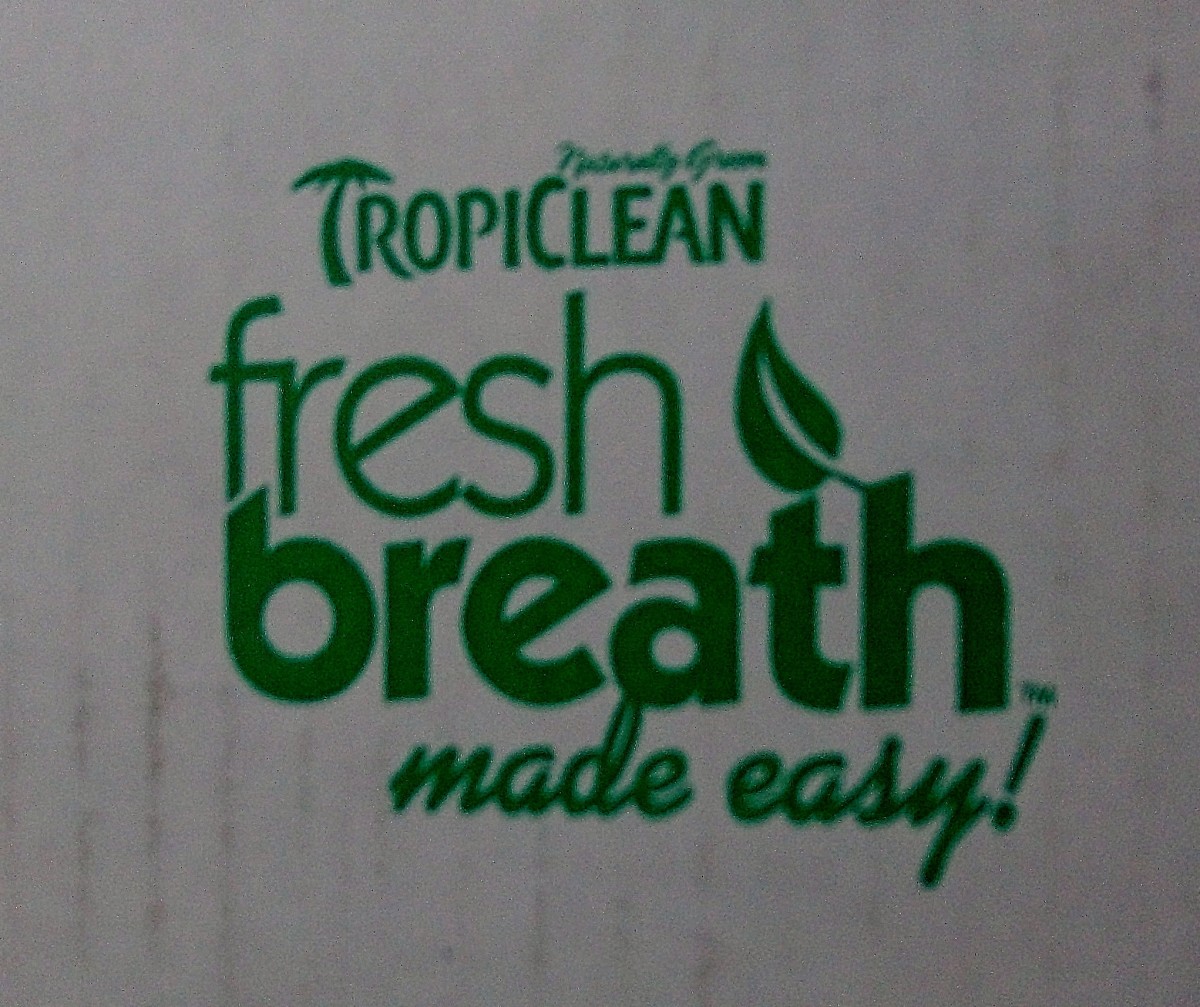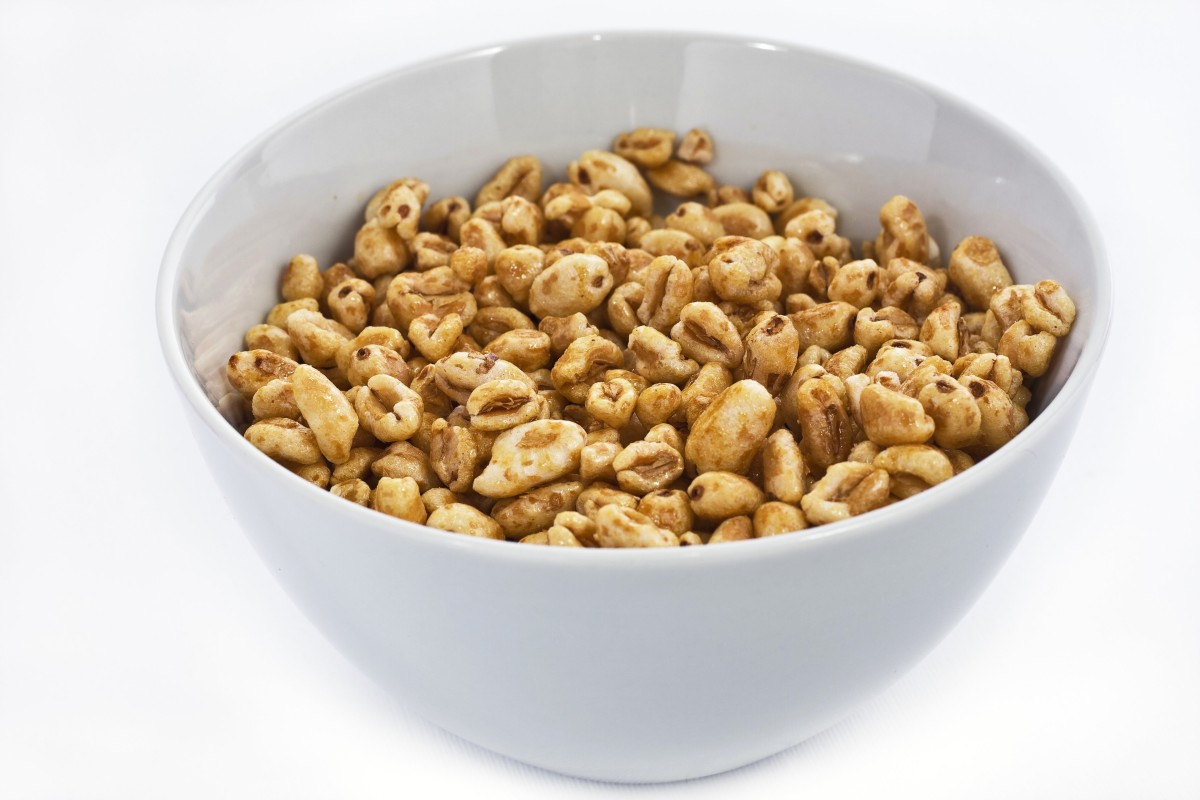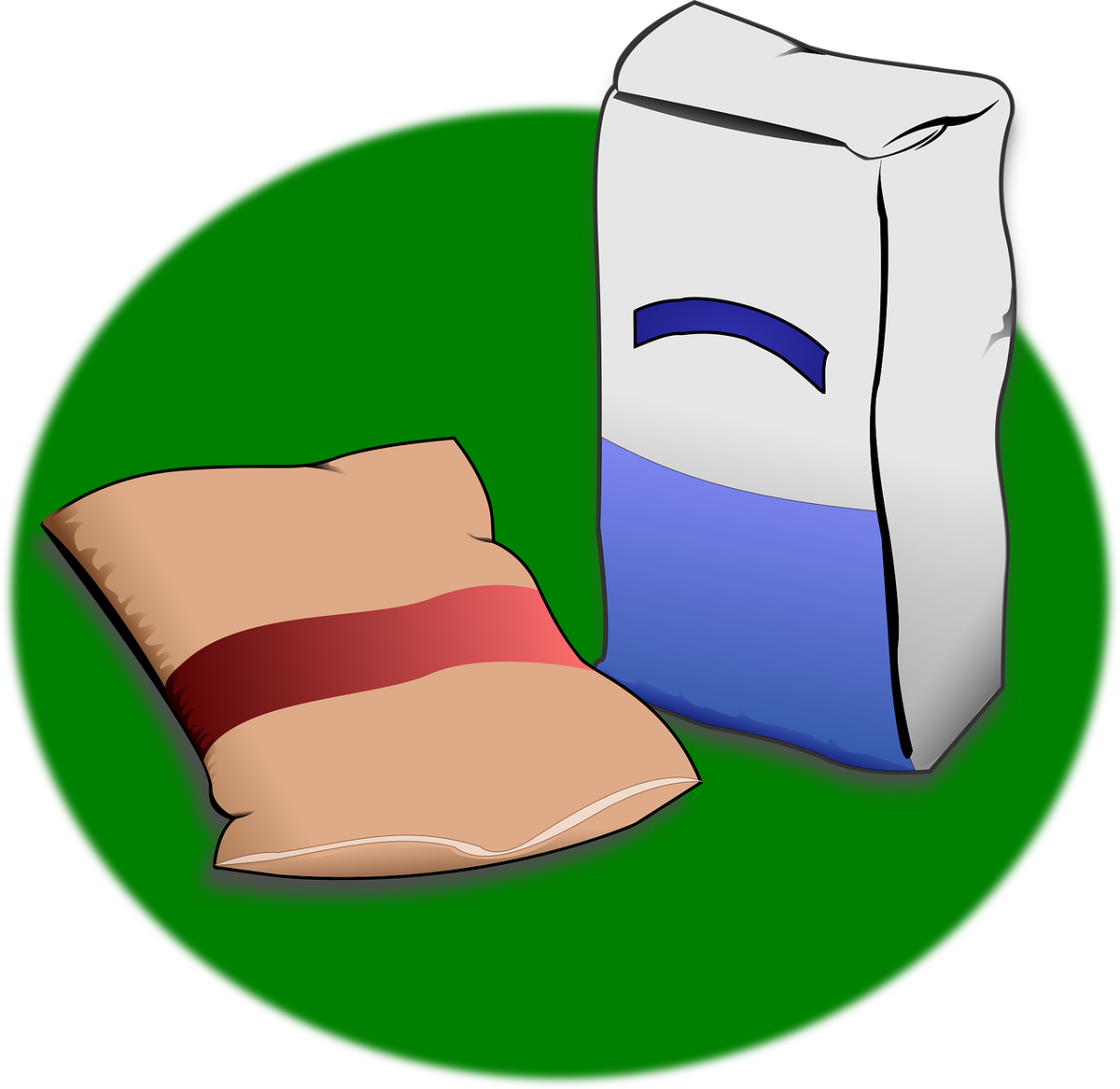Xanthan Gum – What Is It? And Is It Safe for Consumption?

It’s ok to feel unsafe if you haven’t tried Xanthan Gum before, but there’s entirely nothing unsafe about this wonderful additive. If you’re considering using Xanthan Gum for the first time, this article will help you to know everything about this ingredient including its properties, uses, effects on human body and where you can get it easily for use.
What Is Xanthan
This is one of the major questions users ask before reaching out to get this product. Although the simple answer to this question is - “it’s an addictive or preservative” that helps to thicken or stabilize the contents of food and cosmetic products; there’s something deeper that you need to know, especially if you’re concerned about how it can affect your body when it makes contact with your skin or is ingested.
How is Xanthan Gum Made?
This amazing food, cosmetic and medicinal additive is made by combining some useful bacterial with fermented sugar. It’s considered one of the most effective food additives because of its ability to simultaneously preserve and stabilize emulsions which makes it a special kind of ingredient in the pharmaceuticals industry, the food industry, cosmetic industry and more.
What Is Xanthan Gum Used For?

Xanthan Gum is one of the most widely used food, personal care, cosmetic and pharmaceutical additives.
One of the greatest properties of Xanthan Gum is its ability to improve the viscosity of any liquid it’s added tp. Below are some of the common industrial uses of Xanthan Gum:
- Xanthan Gum is used for Salad Dressings and sauces in food
- Although Xanthan Gum isn’t an emulsifier, it’s used to prevent oil separation in paint industries
- It helps to suspend solid particles in liquid since it can improve the viscosity of the liquid
- As an additive, it helps to maintain the desired texture in ice creams.
- It’s used in toothpaste as a binder to ensure the product is uniform
- Xanthan gum is also used for thickening liquids for patients with swallowing disorder without altering the flavor or color of the liquid
- In place of gluten, Xanthan Gum is used in bakeries to make the batter or dough sticking
- It’s used to thicken drilling mud in the oil industries which aids solid cuts back to the surface
- It’s used as a food additive or preservative in sauces, bakery, beverages, meat, poultry products, confectionery products and more
- When added to concrete poured underwater, it prevents washout by increasing the viscosity of the concrete
- It’s used to prepare water gel in cosmetic industries
- In medicine, it’s used as a laxative which swells in the intestine, stimulates the digestive system and enhances stool movement in the digestive tract. Xanthan Gum is also used as an anti-hypertension product to reduce high blood sugar and cholesterol in diabetic patients. It can also be used for people suffering from dry mouth or Sjogren’s syndrome as Saliva substitute
- And more
What Kinds of Personal Care Products Is Xanthan Gum Used For?
Most of the personal care products including:
- Creams
- Lotions
- Toothpaste
- Shampoos - Xanthan Gum is added to shampoos to help them to be thick yet flow out of their container easily. Also, it improves the viscosity of liquids which helps to suspend any solid particles inside.
Other industrial products as oil drilling fluids, fungicides, insecticides, paints, herbicides, wallpaper glues and more also contain Xanthan Gum which helps to maintain their color, thickness and shelf life.
What Kinds of Foods Can Xanthan Gum Be Used For?
There’s no restriction on what kinds of foods Xanthan Gum should be used. Since it’s scientifically researched and approved by the FDA, it can be used for all kinds of foods including:
- Sauces
- Fruit Juices
- Salad dressings
- Bakery products including cakes, burgers and more
- Soups
- Ice creams as a preservative and thickener
- Low-fat foods
- Gluten-free edibles and more.
Where Can You Buy Xanthan Gum?

It’s not enough to know all the numerous benefits of Xanthan Gum. The major concern faced with most users is accessibility to this product. This is why questions like:
Where can I buy Xanthan Gum?
Where to find Xanthan Gum in a grocery store?
Where do you buy Xanthan Gum? – keep floating around the internet.
If you’re one of those faced with such concerns as “where can you buy Xanthan Gum”, simply check out Alchemist Express for the most competitive and cheap offers. Link here: https://alchemistexpress.com/service
Video Version of Article
Is Xanthan Gum Healthy or Harmful as Addictive or Preservative?

Despite the internet rumor mill promoting stories about Xanthan Gum’s contribution to respiratory and digestive problems, the FDA considers this amazing product entirely safe as a food additive and preservative for major industrial skin care and medical products.
You probably haven't heard of Xanthan Gum as a food additive as often as you should have, but you probably consume it daily as a food additive. Surprising right? But it shouldn’t be. It’s one of the widely used food additives and preservatives which is also present in numerous personal care products. And, the increasing popularity of this product in the creation and formuation of gluten-free products, is making Xanthan Gum's usage skyrocket (because Xanthan Gum mimics some of the taste properties of gluten).
In reality, Xanthan Gum has numerous health benefits including:
- Cholesterol regulation in the blood
- Blood sugar regulation when consumed in large doses
- Stool loosening as a laxative
- It’s non-digestible and does not provide any nutrients or calories
- Anti-cancerous effects
Note: some people may need to avoid or limit the consumption or use of products with Xanthan Gum. This isn’t because it’s not safe or healthy; it may be because they have other concerns which may have some negative reactions to this product.
Who Should Avoid or Limit the Use of Xanthan Gum?
- Premature Infants
- People with severe allergies to Wheat, Dairy products, Corn, and Soy since Xanthan Gum can be made from them
- People taking anti-diabetic medications
- People planning for surgery
Xanthan Gum remains one of the most widely used additives and preservatives in major food, cosmetic and construction products with the high record of effectiveness and proven health benefits.
Its approval and certification by FDA is proof of its unlimited use and huge benefits beyond the hype on the internet. Feel safe and free to use Xanthan Gum and enjoy its amazing benefits.
This content is accurate and true to the best of the author’s knowledge and does not substitute for diagnosis, prognosis, treatment, prescription, and/or dietary advice from a licensed health professional. Drugs, supplements, and natural remedies may have dangerous side effects. If pregnant or nursing, consult with a qualified provider on an individual basis. Seek immediate help if you are experiencing a medical emergency.








